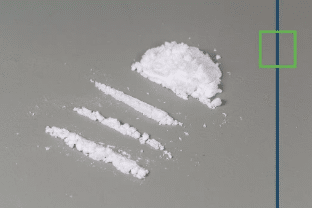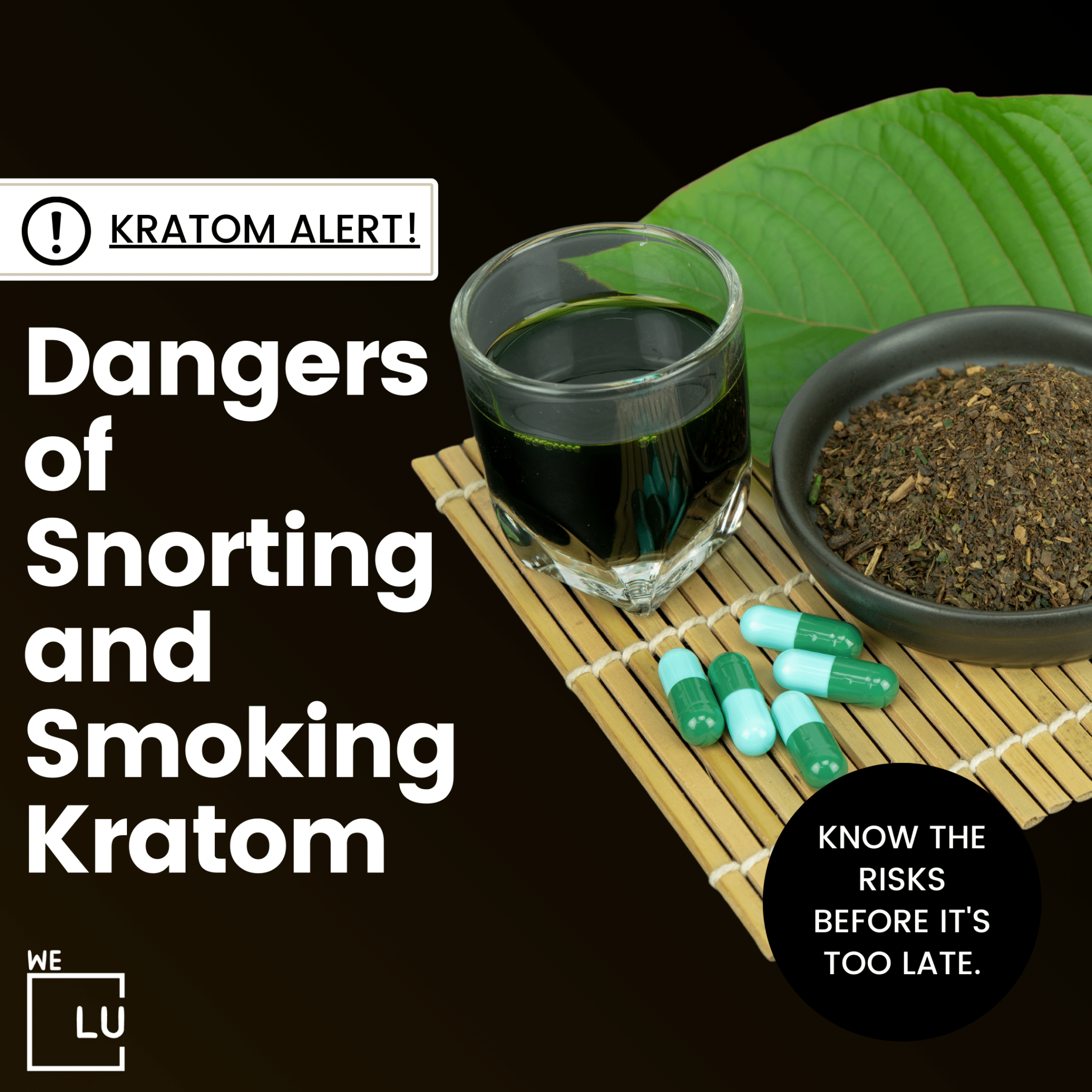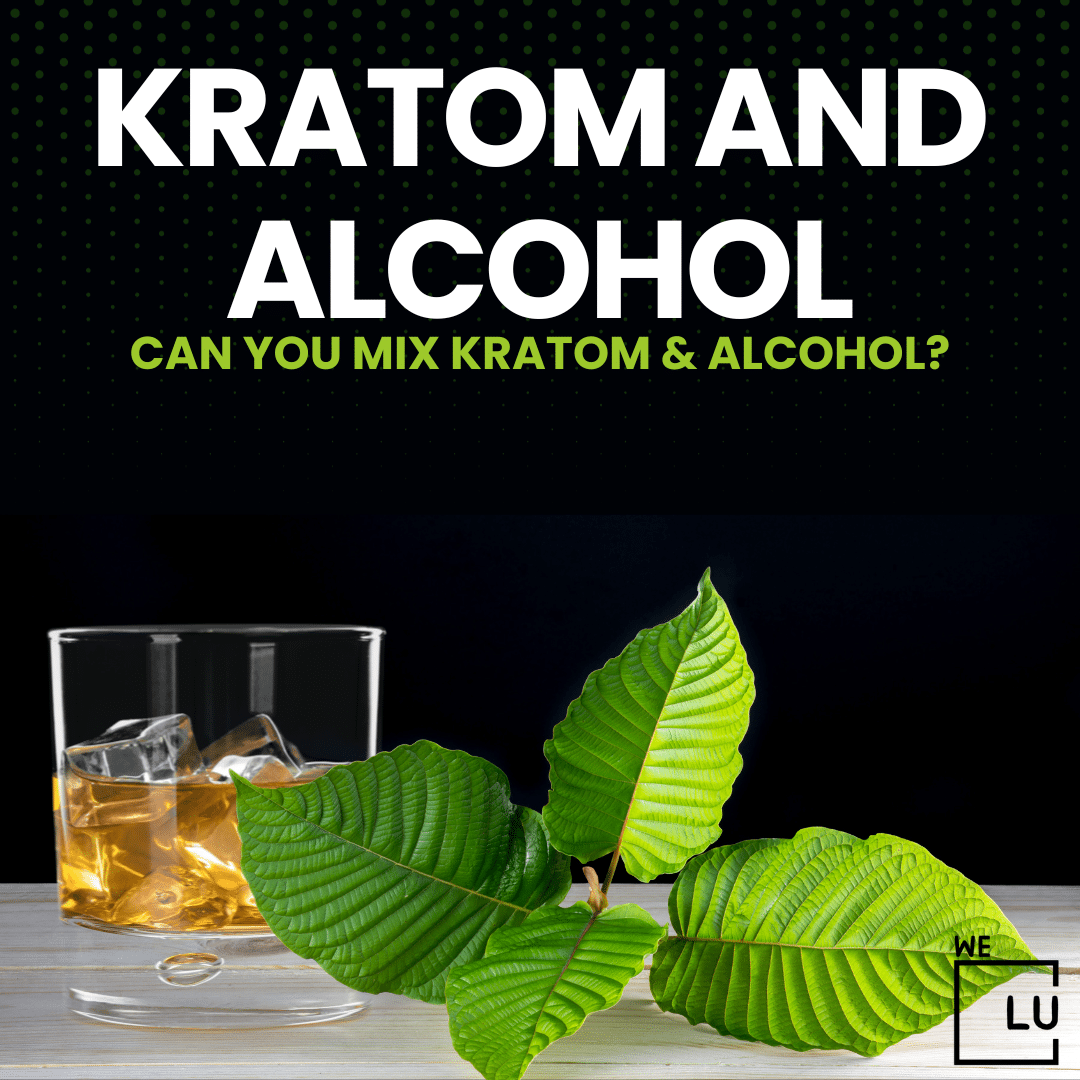What is Freebase Cocaine?
Freebase cocaine represents the unadulterated, solid state of the drug. Freebasing involves liberating the cocaine base from its naturally occurring salt form. In contrast to crack cocaine, where water and baking soda are used, freebase cocaine extraction utilizes ammonia.
Notably, freebase cocaine contains minimal hydrochloride additives, as it originates from converting powdered cocaine into cocaine sulfate. The outcome is nearly 100% pure cocaine with a lower melting point, making it suitable for smoking. Due to its insolubility in water, attempts to liquefy and inject the drug are ineffective.
Various techniques exist for freebasing cocaine, often involving a small glass pipe and a piece of clean, heavy copper acting as a reduction base. This setup allows the cocaine to melt and vaporize, enabling it to be smoked for its psychoactive effects.
Effects of Freebasing Cocaine
Since freebase cocaine is smoked, its effects are rapid. When inhaled, it swiftly permeates the lung membranes, reaching the bloodstream and the brain in 10-15 seconds. This leads to an immediate euphoric sensation, creating an intense high that lasts around 30 minutes.
However, this high is short-lived and followed by a sharp crash. As the initial euphoria diminishes, users often experience extreme fatigue, depression, anxiety, irritability, and paranoia. Short-term physical effects encompass profuse sweating, nausea, constricted pupils, insomnia, headaches, and diminished sexual function.
The prolonged use of freebase cocaine has many long-term consequences, including mood alterations, restlessness, depression, anxiety, paranoia, and hallucinations. Smoking the substance can also yield adverse health effects such as respiratory problems, lung and oral damage, and an elevated risk of various cancers. With chronic usage, harm to all body systems becomes a concern, potentially resulting in heart issues, strokes, seizures, respiratory ailments, and more.
Additional risks associated with freebasing involve the potential for burns to the face or fingers due to using glass pipes or flammable materials like matches and lighters. Furthermore, individuals under the influence are more susceptible to accidents or violence.
Free Base Cocaine Withdrawal and Overdose
Withdrawal from Freebase Cocaine
The withdrawal symptoms from freebase cocaine can be intensely uncomfortable, often characterized by extreme cravings and a range of physical and psychological effects. These symptoms typically include:
- Depression: Individuals may experience severe sadness and hopelessness during the withdrawal period.
- Intense Cravings: A strong desire for the drug is expected, which can be a significant challenge during withdrawal.
- Fatigue: Many people feel exhausted and lethargic.
- Increased Appetite: A heightened desire for food is often noted as the appetite returns normal.
- Vivid Nightmares: Users might experience intense and distressing dreams.
- Psychomotor Agitation: This can include restlessness and an inability to sit still.
- Irritability: People in withdrawal often become easily annoyed or angered.
- Anxiety: Feelings of worry, tension, and unease are common.
- Cognitive Impairments: Difficulty concentrating and thinking clearly can occur.
- Suicidal Thoughts: In severe cases, some individuals may have thoughts of self-harm or suicide.
Overdose on Freebase Cocaine
Overdosing on freebase cocaine is a dangerous and potentially life-threatening situation. An overdose can lead to severe medical emergencies, including heart attack, stroke, seizure, or even death. Some common signs of a freebase cocaine overdose include:
- Chest Pain: Individuals may experience intense chest pain, which could indicate a heart problem.
- Difficulty Breathing: Rapid and labored breathing is a concerning sign of overdose.
- Seizures: Seizures can occur, posing a significant risk to the individual’s health.
- Loss of Consciousness: The person may become unresponsive or lose consciousness.
- Confusion: Profound confusion or disorientation is possible.
- Hyperthermia: A dangerously elevated body temperature is a sign of severe intoxication.
- Extreme Agitation: Overdosing can lead to highly agitated and erratic behavior.
- Severe Anxiety: Individuals may experience overwhelming anxiety and panic.
In case of an overdose, it is crucial to seek immediate medical attention. Calling 911 or visiting the nearest emergency room is essential to address the potentially life-threatening effects of freebase cocaine overdose.

Skip To:
Learn More:
- Fake Cocaine, The Dangers of Synthetic Cocaine
- Cocaethylene, The Product of Cocaine and Alcohol Use. Cocaethylene Half-Life. Cocaethylene Formation.
- What Does Cocaine Smell Like? Identifying Cocaine
- What Does Crack Smell Like? Identifying Crack Cocaine Use and Abuse
- What is Pink Cocaine? What is it, and Why is 2C-B Harmful
- Can You Eat Cocaine? Can You Get High From Eating Cocaine?
- How Long Does Cocaine Stay in Your System? Blood, Urine, and Saliva Tests
- Cocaine and Alcohol, Statistics, Effects, Risks, Dangers, Short and Long-Term Problems & Treatment
- What is cocaine made out of? Cutting Agents, Components, Side Effects & Treatment Options
- Is cocaine an amphetamine? Amphetamine Addiction, Effects, Cocaine Specifics & Differences
- Drug Slang and Street Terms for Drugs, ADHD Meds, Amphetamines, Barbiturates, Benzodiazepines, Cocaine, Designer Drugs, Heroin & LSD

Get Your Life Back
Find Hope & Recovery. Get Safe Comfortable Detox, Addiction Rehab & Dual Diagnosis High-Quality Care.
Hotline (855) 695-1160Cocaine Addiction Drug Facts
Cocaine Addiction Overview
Cocaine is a powerful stimulant drug that can have harmful short-term and long-term effects on the body. It is usually snorted, smoked, or injected and can cause increased heart rate, elevated blood pressure, and potential damage to the cardiovascular system. Cocaine use can also lead to addiction, mental health issues, and social and legal problems. Seeking professional help is important for those struggling with cocaine use.
Cocaine Addiction Treatment
Cocaine addiction treatment can involve therapy, medication, and support groups such as cognitive-behavioral therapy, antidepressants, and Narcotics Anonymous. Individualized treatment plans should address the individual’s specific needs and may involve a combination of these approaches.
What is Freebasing Cocaine?
Freebase cocaine contains minimal hydrochloride additives, as it originates from converting powdered cocaine into cocaine sulfate. The outcome is nearly 100% pure cocaine with a lower melting point, making it suitable for smoking. Due to its insolubility in water, attempts to liquefy and inject the drug are ineffective.
Cocaine Addiction Symptoms
- Increased tolerance.
- Cravings.
- Withdrawal symptoms.
- Financial problems.
- Legal issues.
- Social and relationship problems.
- Neglect of responsibilities.
- Increased heart rate.
- Elevated blood pressure.
- Constricted blood vessels.
- Potential damage to the cardiovascular system.
- Mood swings.
- Irritability.
- Anxiety.
- Depression.
- Paranoia.
If you or someone you know is experiencing these symptoms, seeking professional help for cocaine addiction is important.
Cocaine Addiction Statistics
Cocaine addiction is a serious issue that affects millions of people worldwide. Understanding the scope of the problem through cocaine addiction statistics can help raise awareness and promote effective prevention and treatment strategies. From the prevalence of cocaine use to the health and social consequences of addiction, examining the statistics related to cocaine addiction can provide valuable insights into this complex and pervasive problem.
1.5 million
An estimated 1.5 million people in the United States over 12 had used cocaine in the past month in 2020.
Source: National Survey on Drug Use and Health
16%
Cocaine was involved in 16% of all drug-related emergency department visits in the United States 2019.
Source: SAMHSA
14.3 million
Globally, cocaine use disorders affect approximately 14.3 million people aged 15-64, with North America having the highest prevalence rate.
Source: UNODC
Get Help. Get Better. Get Your Life Back.
Searching for an Accredited Drug and Alcohol Rehab Centers in Near You?
Even if you have failed previously and relapsed, or are in the middle of a difficult crisis, we stand ready to support you. Our trusted behavioral health specialists will not give up on you. When you feel ready or just want someone to speak to about therapy alternatives to change your life call us. Even if we cannot assist you, we will lead you to wherever you can get support. There is no obligation. Call our hotline today.
FREE Addiction Hotline – Call 24/7Dangers of Using Free basing Cocaine
The dangers of using coke freebase are significant and encompass a range of physical, psychological, and social risks. Freebasing cocaine is considered one of the riskiest forms of cocaine use due to its potency and the methods of ingestion. Some of the most notable dangers include:
- Addiction: Freebase cocaine is highly addictive. Users can develop a physical and psychological dependence on the drug, leading to a cycle of increased consumption and an intense craving to avoid withdrawal symptoms.
- Immediate Health Risks: Smoking freebase cocaine is associated with immediate health dangers. These include respiratory issues, such as coughing, shortness of breath, and lung damage.
- Heart Problems: Cocaine use can increase heart rate, high blood pressure, and arrhythmias. These issues can result in heart attacks, which can be fatal.
- Cognitive Impairment: Chronic use of freebase cocaine can lead to cognitive problems, including difficulties with memory, attention, and decision-making.
- Mental Health Effects: Cocaine use is linked to psychiatric disorders, including anxiety, depression, paranoia, and hallucinations. These mental health issues can persist after discontinuing use.
- Aggressive Behavior: Some individuals may become aggressive, hostile, or violent while under the influence of freebase cocaine, which can lead to dangerous situations.
- Overdose: The risk of a cocaine overdose is significant, especially when using a potent form like freebase. Overdose can result in seizures, heart attacks, stroke, and death.
- Risky Behaviors: Cocaine use can lead to risky behaviors, including unprotected sex and sharing needles, increasing the risk of contracting infectious diseases like HIV and hepatitis.
- Legal Consequences: The possession, use, or distribution of cocaine is illegal in many countries. Getting caught with freebase cocaine can result in serious legal consequences.
- Social Consequences: Cocaine addiction can lead to the breakdown of relationships, loss of employment, and social isolation.
- Financial Costs: Cocaine is an expensive drug, and maintaining an addiction can lead to significant financial hardship.
- Unknown Purity: Users often cannot ascertain the purity or potency of the cocaine they consume, increasing the risk of overdose.
- Tolerance and Dependence: Users may develop tolerance, requiring more of the drug to achieve the same effects. This can lead to a cycle of increasing use.
- Withdrawal Symptoms: When not using the drug, individuals may experience withdrawal symptoms such as depression, fatigue, anxiety, and intense cravings.
- Cocaine-Related Health Issues: The stimulant properties of cocaine can lead to serious health issues, including kidney problems, malnutrition, and sexual dysfunction.
First-class Facilities & Amenities
World-class High-Quality Addiction & Mental Health Rehabilitation Treatment
Rehab Centers TourRenowned California Addiction Center. Serene Private Facilities. Inpatient rehab programs vary.
Addiction Helpline (855) 695-1160Proven recovery success experience, backed by a Team w/ History of:
15+
Years of Unified Experience
100s
5-Star Reviews Across Our Centers
10K
Recovery Success Stories Across Our Network
- Low Patient to Therapist Ratio
- Onsite Medical Detox Center
- Comprehensive Dual-Diagnosis Treatment
- Complimentary Family & Alumni Programs
- Coaching, Recovery & Personal Development Events
Freebase Cocaine vs Normal Cocaine
| Characteristic | Freebase Cocaine | Normal Cocaine |
|---|---|---|
| Chemical Structure | Alkaline form of cocaine | Cocaine hydrochloride (salt form) |
| Method of Ingestion | Smoking | Snorting, injecting, or oral |
| Potency | Higher potency | Lower potency |
| Bioavailability | Higher bioavailability when smoked | Variable bioavailability |
| Duration of Effects | Short-lived (5-10 minutes) | Longer-lasting (15-30 minutes) |
| Risk of Overdose | Higher risk of overdose | Lower risk of overdose |
| Risk of Health Complications | Immediate lung and respiratory issues | Respiratory issues |
| Addiction Potential | High addiction potential | High addiction potential |
World-class, Accredited, 5-Star Reviewed, Effective Addiction & Mental Health Programs. Complete Behavioral Health Inpatient Rehab, Detox plus Co-occuring Disorders Therapy.
CALL (855) 695-1160End the Addiction Pain. End the Emotional Rollercoaster. Get Your Life Back. Start Drug, Alcohol & Dual Diagnosis Mental Health Treatment Now. Get Free No-obligation Guidance by Substance Abuse Specialists Who Understand Addiction & Mental Health Recovery & Know How to Help.
Cocaine Addiction Treatment

Cocaine addiction is a serious and complex disorder requiring comprehensive treatment to address the disease’s physical, psychological, and social aspects. Effective treatment for cocaine addiction often involves a combination of therapies and interventions tailored to the individual’s unique needs and circumstances.
One of the first steps in cocaine addiction treatment is detoxification, which involves removing the drug from the body and managing withdrawal symptoms. This process can be challenging and uncomfortable and may require medical supervision to ensure the safety and comfort of the individual. Medications may also be used to ease withdrawal symptoms and reduce the risk of relapse during this phase of treatment.
After detoxification, individuals with cocaine addiction typically benefit from ongoing therapy and support to address the psychological and social factors contributing to addiction. Cognitive-behavioral therapy (CBT) is a common form of therapy that helps individuals identify and change negative thought patterns and behaviors that may have contributed to their addiction. Contingency management is another therapy that incentivizes individuals to stay sober and engage in positive behaviors.
In addition to therapy, support groups such as 12-step programs and sober living environments can provide ongoing support and motivation for individuals in recovery. Family therapy may also help address family dynamics and relationships that may have been affected by addiction.
In some cases, medications may support ongoing recovery from cocaine addiction. For example, disulfiram is a medication that can help individuals stay sober by making them feel ill if they consume alcohol. Topiramate is another medication that is effective in reducing cocaine use.
Experience Transformative Recovery at the We Level Up California Treatment Center.
See our authentic success stories. Get inspired. Get the help you deserve.



Start a New Life
Begin with a free call to an addiction & behavioral health treatment advisor. Learn more about our dual-diagnosis programs. The We Level Up treatment center network delivers recovery programs that vary by each treatment facility. Call to learn more.
- Personalized Care
- Caring Accountable Staff
- World-class Amenities
- Licensed & Accredited
- Renowned w/ 100s 5-Star Reviews
We’ll Call You
Popular Freebase Coke FAQ
-
how to freebase cocaine? How to freebase coke?
Freebasing cocaine involves converting the drug to its base form and then smoking it. This process can be dangerous and is illegal.
-
What is freebasing drugs?
Freebasing is using drugs, such as cocaine, by converting them into a smokable form. It’s associated with high risks and legal consequences.
Watch How He Turned Around His Life From Drug Addiction
“Hi, my name is Sean; I have been clean since September 26, 2014. I remember and reflect on loneliness, despair, and constant anxiety-ridden behavior. I was left to my own devices and looking to the left and right.
And not having anybody to call or talk to. I know it’s cliche; I know a lot of people say it. I would have sold myself extremely short of my life today. If I had tied myself to the material items, I wouldn’t have realized the life I wanted. And I’m forever grateful for the guidance I received.”
Search We Level CA Drug & Alcohol Rehab / What is Freebase Cocaine? Is it the Same as Smoking Crack? Topics & Resources
Sources
- National Institute on Drug Abuse (NIDA) – Cocaine: https://www.drugabuse.gov/drug-topics/cocaine
- Substance Abuse and Mental Health Services Administration (SAMHSA) – Treatment Locator: https://findtreatment.samhsa.gov/ Learn more: what is free basing cocaine
- National Institutes of Health (NIH) – Cocaine Addiction: https://www.drugabuse.gov/publications/research-reports/cocaine/what-cocaine
- U.S. Department of Health and Human Services (HHS) – Opioids: https://www.hhs.gov/opioids/
- National Library of Medicine (NLM) – Cocaine Addiction: https://medlineplus.gov/cocaine.html
- National Institute of Mental Health (NIMH) – Substance Use and Addiction: https://www.nimh.nih.gov/health/topics/substance-use-and-addiction/index.shtml
- National Survey on Drug Use and Health (NSDUH) – Substance Use Data: https://www.samhsa.gov/data/data-we-collect/nsduh-national-survey-drug-use-and-health




